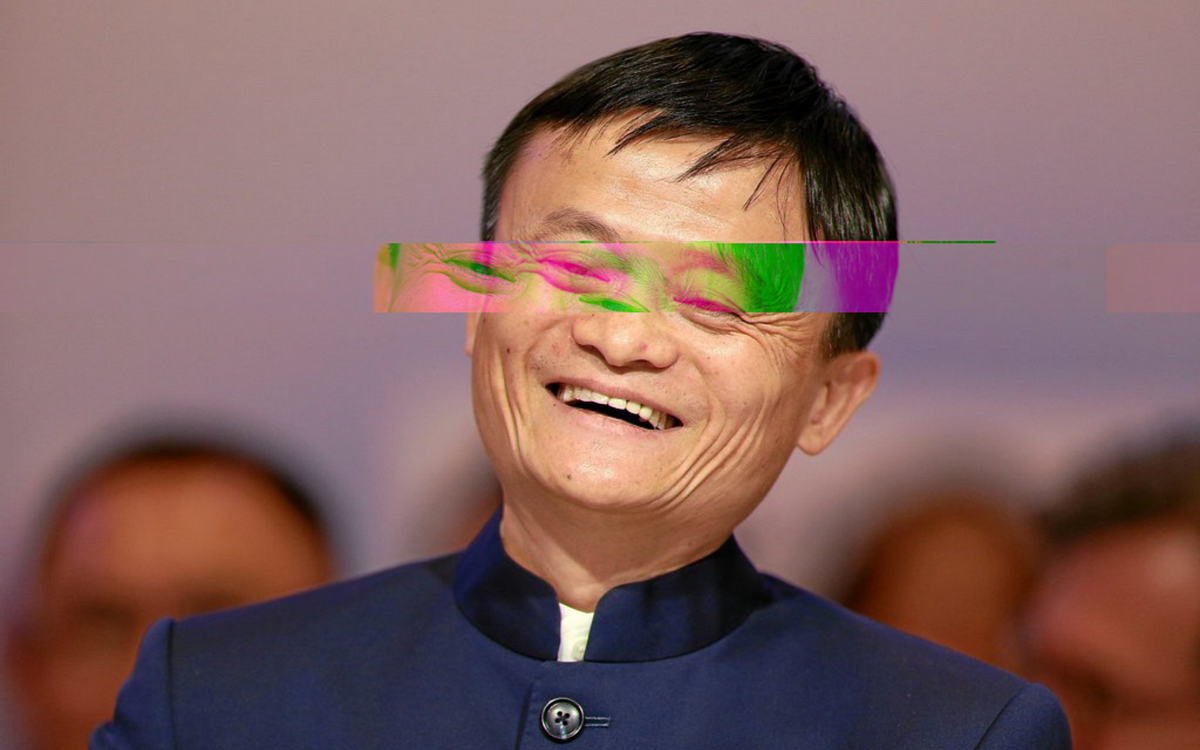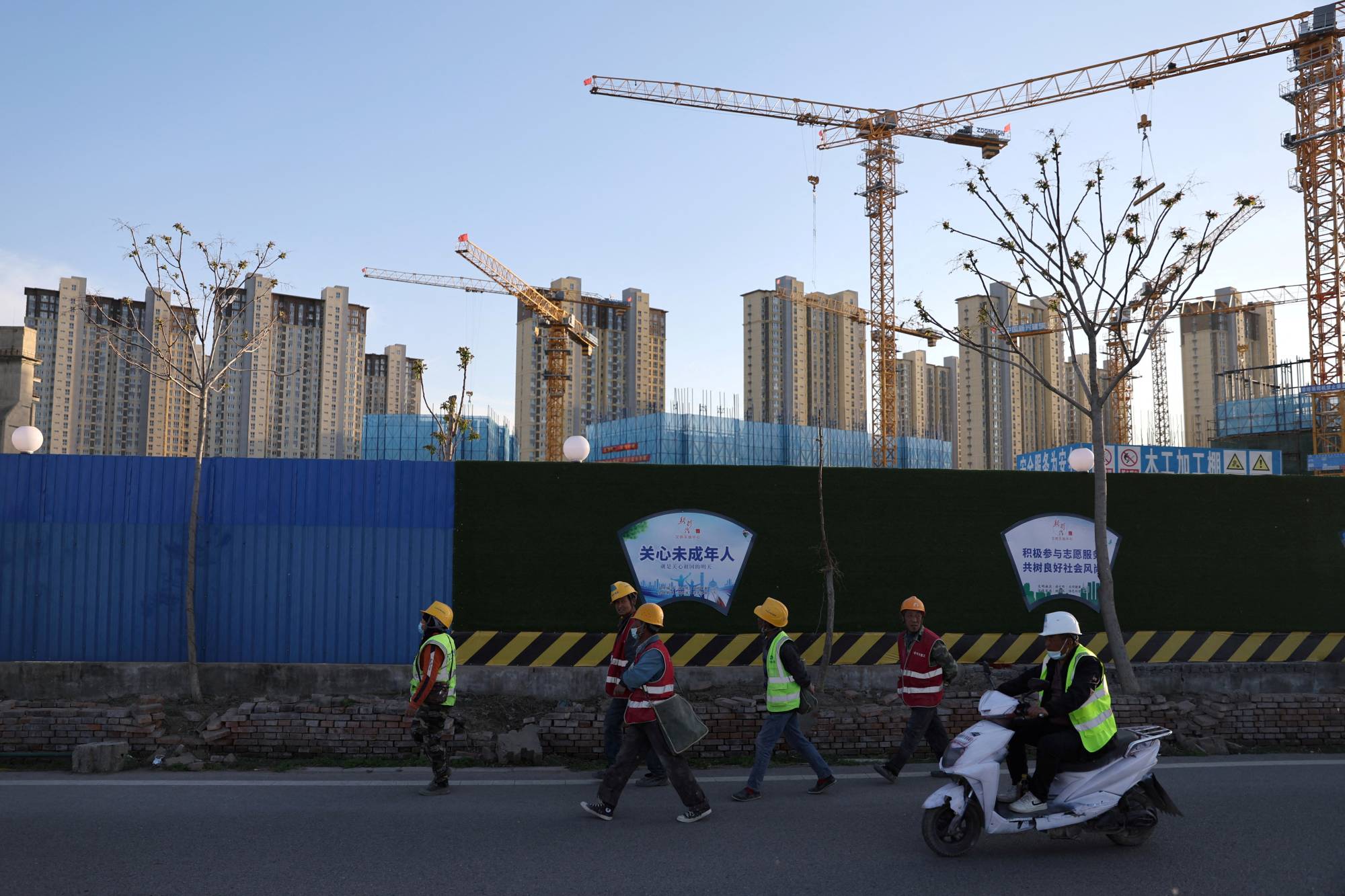Jack Ma, the founder of Alibaba, made headlines when he was recently spotted at Yungu School in Hangzhou, where the company is headquartered. He had rarely made a public presence since he irked the Chinese Communist Party for criticizing the country’s financial regulatory system in 2020. “He described them as having a ‘pawnshop mentality,’ and that really ruffled a lot of feathers,” said Dexter Roberts, a senior fellow at the Atlantic Council Indo-Pacific Security Initiative and author of The Myth of Chinese Capitalism. “Also, just the brash character of Jack Ma rubbed a lot of regulators and very powerful people in China the wrong way.”
Jack Ma wasn’t the first billionaire who mysteriously disappeared from public view. In 2015, Guo Guangchang, who is known as China’s Warren Buffet, went missing. The company later said he was assisting authorities with an investigation.
In 2017, Xiao Jianhua, a Chinese-Canadian billionaire, was abducted by Chinese security agents from Hong Kong. In 2022, he was sentenced to 13 years in prison for fraud and corruption. The mysterious disappearance of China’s billionaires hasn’t stopped yet. In February, Bao Fan, a renowned investor banker, became the latest name on the list of ‘vanishing billionaires.’ However, a few days later, his company said he was “cooperating in an investigation being carried out by certain authorities in the People’s Republic of China.”
“When someone like Bao Fan disappears, someone that high profile who suddenly vanishes without explanation, that inevitably sends a chilling kind of feel through the rest of the market,” said Nick Marro, lead analyst for global trade at the Economist Intelligence Unit. “I mean, how can you feel like you can do business in a place where, you know, an important leader of the industry can suddenly disappear?”
Watch the video below to find out the reasons behind China’s ‘missing’ billionaires and their ripple effects on China’s private sectors.
阿里巴巴的创始人马云自2020年批评中国金融监管体系以来,很少公开露面,因此最近被发现在公司总部杭州云谷学校引起了轰动。大西洋理事会印度-太平洋安全倡议高级研究员、《中国资本主义神话》作者戴克斯特·罗伯茨表示:“他将他们描述为具有‘当铺心态’,这确实激怒了很多人。”“此外,马云的莽撞性格也让很多中国的监管机构和权贵感到不满。”
马云并不是神秘消失于公众视野的首位亿万富翁。2015年,被称为中国沃伦·巴菲特的郭广昌失踪。公司后来表示他在协助当局进行调查。
2017年,加拿大籍华裔亿万富翁肖建华被中国安全部门从香港绑架。2022年,他因欺诈和腐败罪被判处13年监禁。 中国亿万富翁的神秘失踪并没有停止。今年2月,著名投资银行家包凡成为“失踪亿万富翁”名单上的最新一位。然而,几天后,他的公司表示他正在“配合中国人民共和国某些机关进行的调查”。
《经济学人》情报单位全球贸易主分析师尼克·马罗表示:“当像包凡这样的人消失时,一个突然无声无息的高调人物,这必然会在市场的其他部分产生一种令人不寒而栗的感觉。”“我的意思是,你怎么可能觉得自己能在一个重要行业领袖突然消失的地方做生意呢?”
观看下面的视频,了解中国“失踪”亿万富翁背后的原因以及它们对中国私营部门的连锁反应。
*China Now, keep you updated on China
《现正中国》带你了解全球各大媒体关于中国的报道。
*CNBC is an American basic cable business news channel and website owned by NBC.
《消费者新闻与商业频道》是美国的一家电视台,隶属美国全国广播公司。
*The above media report does not represent New Zealand Review’s opinion.
以上媒体报道不代表新西兰全搜索观点。


如果您喜欢我们的文章,请支持我们的新闻工作者和创作者!请打赏一杯咖啡给他们(注明栏目或文章题目),或支持我们每月的服务器费用,非常感谢!
订阅我们,Paypal每月赞助5纽币:
http://bit.ly/47fUCPS



